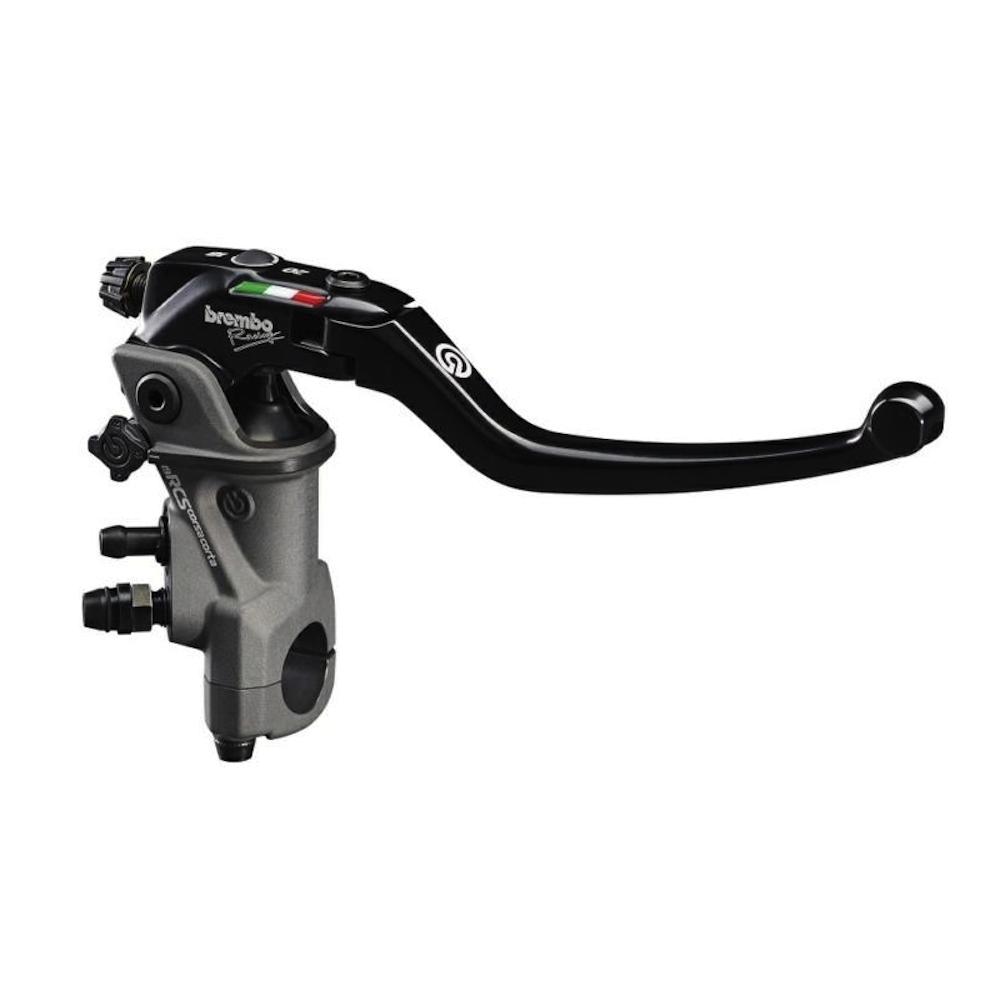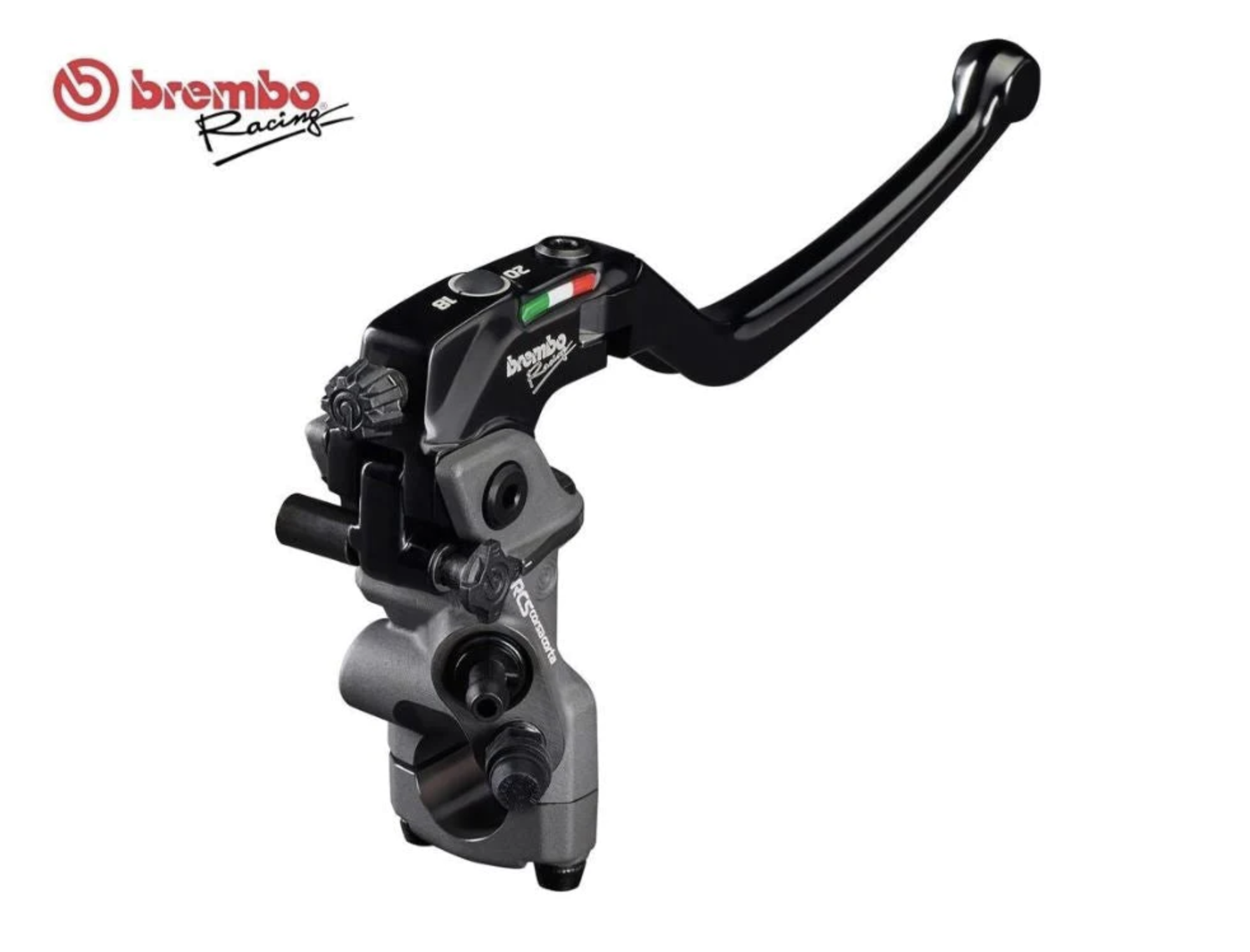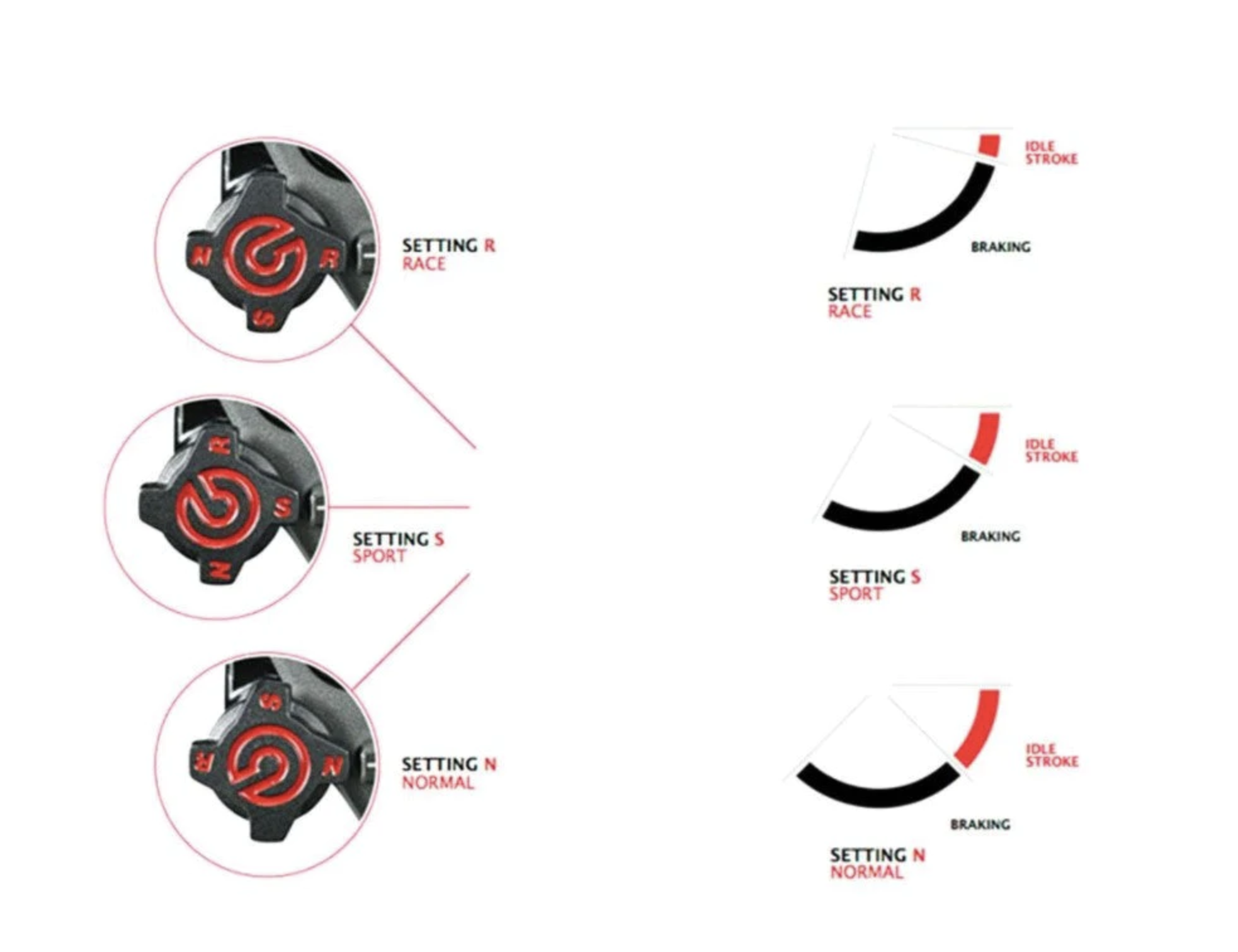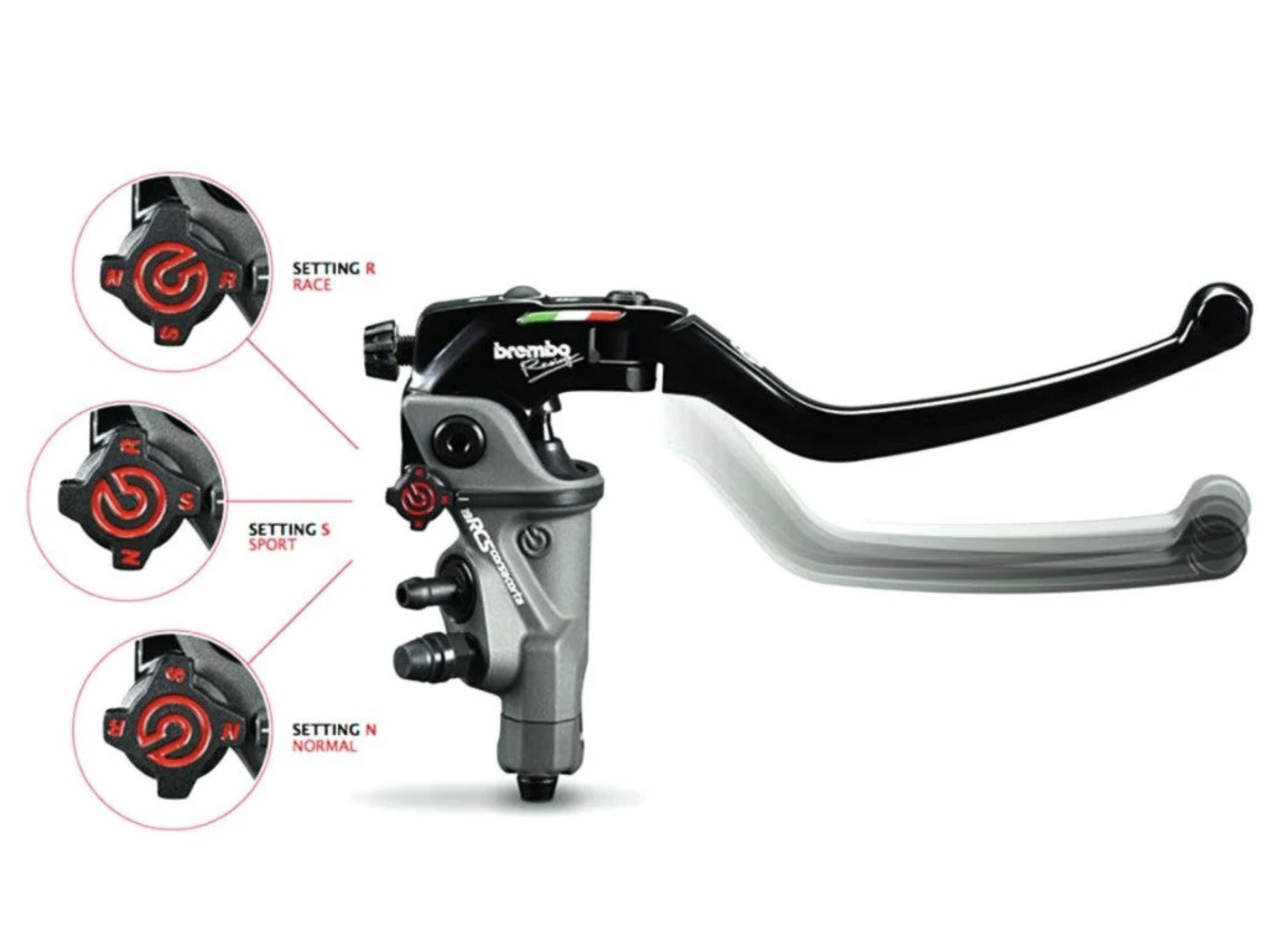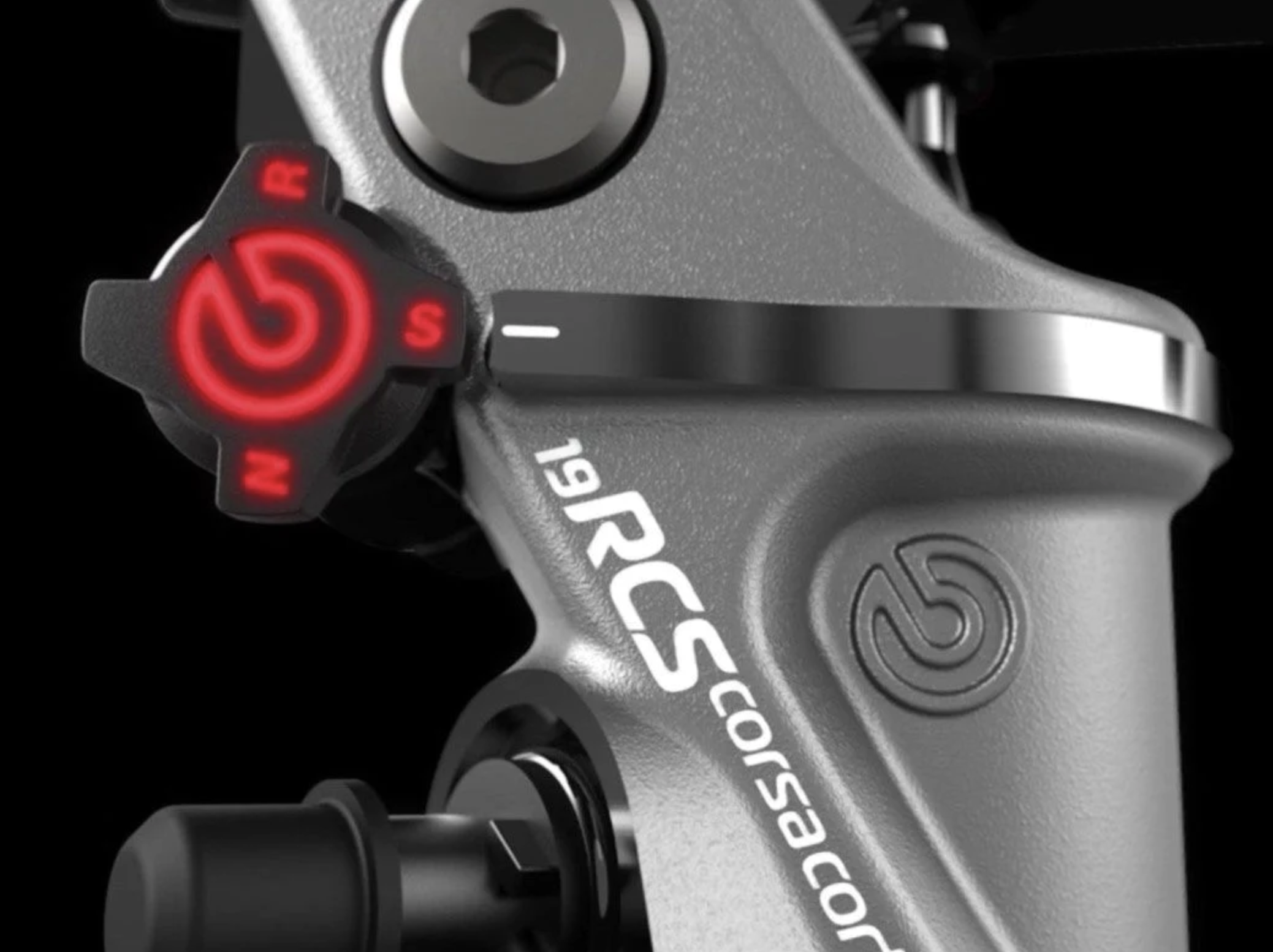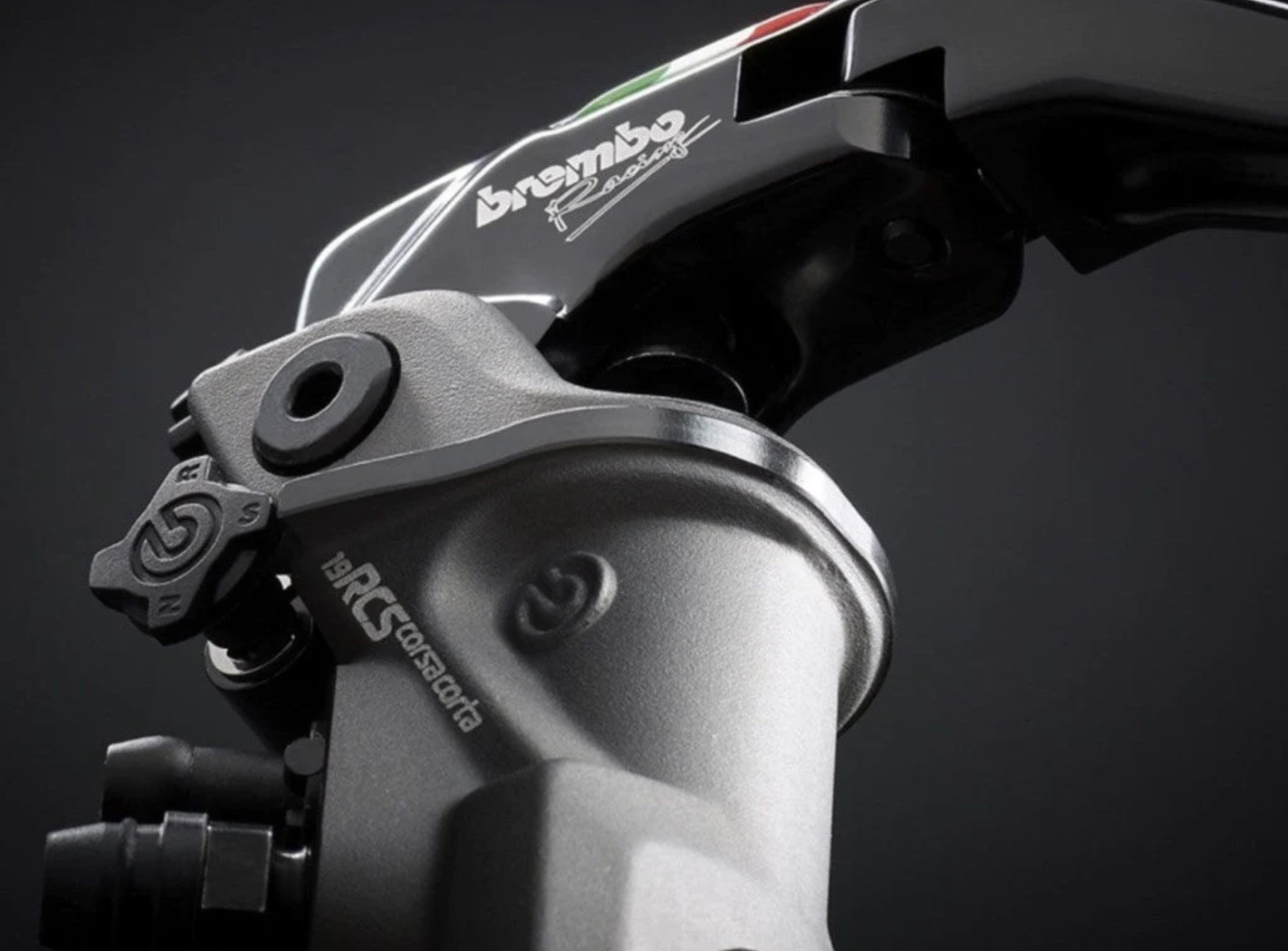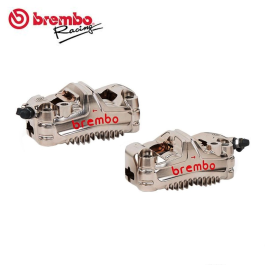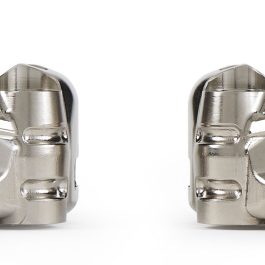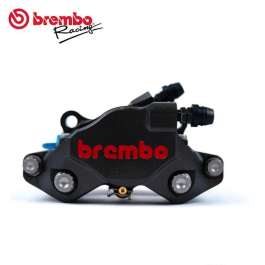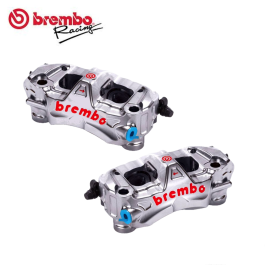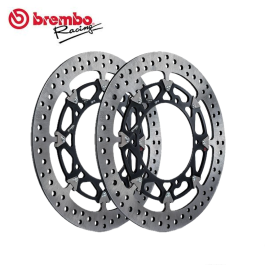
Motorcycle performance parts specialists. Helping you create your perfect motorbike.
Email: sales@conquestracingltd.com
Conquest Racing LTD
Unit 2B Clump Farm Ind Est, Tin Pot Lane, Shaftesbury Road, Blandford, Dorset, DT11 7TD, United Kingdom; Opening times 9:00-17:30 Monday-Thursday ; 9:00-13:00 Friday; Closed Saturday & Sunday; *Visiting by appointment only
Description
Brembo RCS Corsa Corta Adjustable Radial Brake Master Cylinder
Brembo has launched the RCS CORSA CORTA, the latest evolution in the radial master cylinder concept. This new radial master brake cylinder features several innovations, with many of the technical solutions adopted directly from the master cylinders used in MotoGP.
The most significant achievement of the RCS CORSA CORTA is that it allows riders to adjust the “bite point” to their liking with an easily accessible selector on the top of the master cylinder. The selector operates a cam mechanism to allow users to choose between three different responsiveness settings.
Normal Position setting indicated by letter N the grabbing point is natural like you would expect from your stock master cylinder, suitable for city riding or wet conditions.
Sport Position Setting is indicated by the letter S the grabbing point is shorter and more dynamic, best suitable for aggressive sport riding or higher skilled riders than the normal setting.
Race Position Setting indicated by the letter R shortens the cam mechanism closest, immediately initiating the grabbing point of the pads. Setting best suited for track riding where very aggressive braking is necessary
The new Brembo RCS CORSA CORTA also features the RCS (Ratio Click System) system introduced ten years ago on the Brembo 19RCS radial master cylinder. The RCS system allows the rider to select a fulcrum-to-piston distance of 18 or 20 mm by turning the adjuster screw on the front of the guide lever by 180°.
The system uses a cam (red when set to 18 mm, black when set to 20 mm), which adjusts the distance between the fulcrum point and the contact point with the master cylinder push rod by 2 mm. This changes the distribution of the braking force without altering the performance of the system in terms of pure power.
The innovative adjustment system introduced with the new Brembo RCS CORSA CORTA radial master cylinder contributes to a sense of total control over the bike by letting the rider tailor braking performance to suit their riding style, weather, and road conditions.
Brembo’s commitment to product improvement has allowed them to offer three different master cylinders in one and bring the performance of the braking system to another level. Combined, the choice of two fulcrum-to-piston measurements (18 and 20 mm) and three bite-point settings (R, S, and N) offer a total of six different settings to the rider.
Available in 15mm, 17mm & 19mm bore.
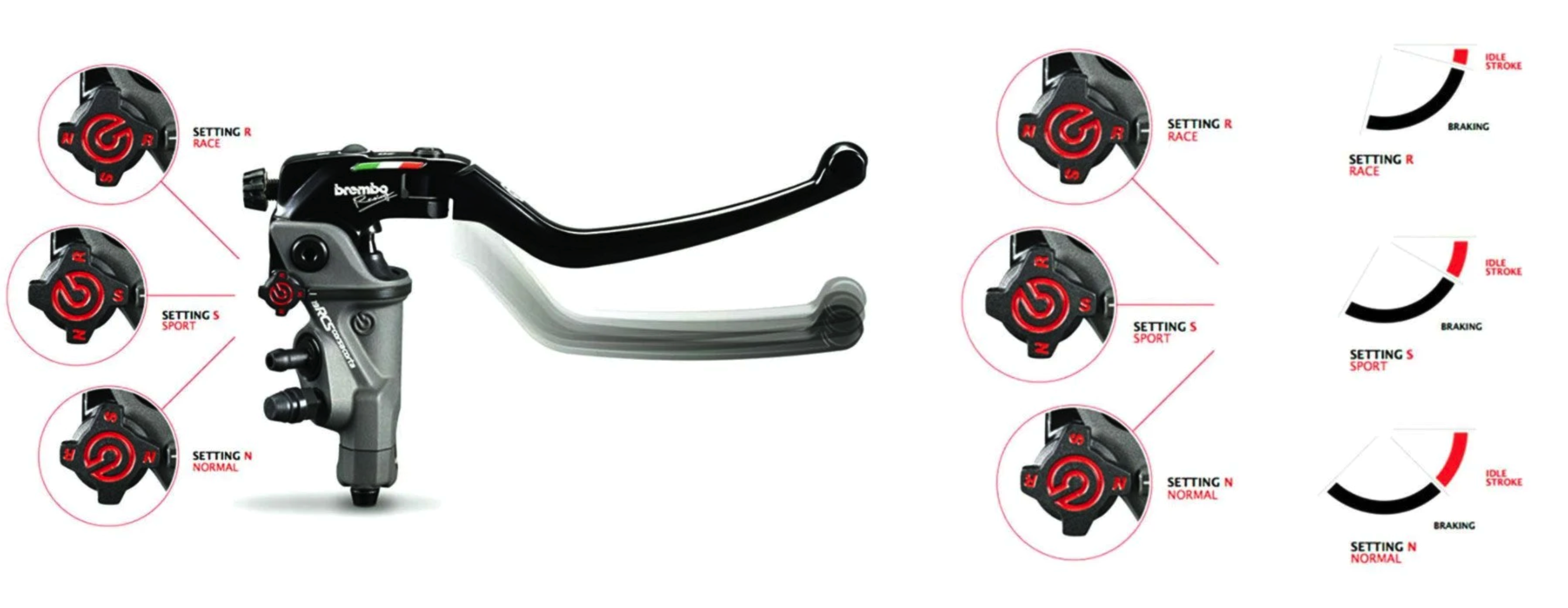
The 15mm version has been developed to ensure the best versatility for single-disc applications and motorbikes with a floating caliper and double disc. This segment includes many motard and naked bikes, like the Ducati Scrambler, KTM Duke, Kawasaki ER-6N and Z750, Yamaha MT-03 and Triumph Bonneville T100. The 15RCS Corsa Corta can also be used on all scooters with one or more front calipers for a total of 4 pistons.
The 17mm version is designed to respond optimally to the needs of a growing number of motorbikes using brake calipers with 30 mm diameter pistons: Ducati Panigale and Monster 1200, Kawasaki H2 and ZX10R, Yamaha R1 and R6, KTM Superduke and MV Agusta F4RR. The size is the perfect solution for ensuring the best performance and driving sensitivity with brake calipers with 30 mm pistons, such as Brembo M50 calipers.
The 19mm version is still the best solution for all motorbikes with brake calipers equipped with 34 or 32 mm pistons, such as the Honda CBR1000, Ducati 1098/1198, BMW S1000RR, Triumph Speed Triple, Yamaha FZ9, Suzuki GSX-R 1000 or the Kawasaki Z1000.
Brembo is a renowned leader in the international market for producing brake discs, calipers, and complete braking systems. With its unique expertise, Brembo can cater to a broad market range, manufacturing brake discs for popular vehicles in the European, American, and Japanese markets, as well as for prestigious, exclusive models.
Brembo’s high level of technology and reliability is the result of its integrated production process. The company oversees all phases of the manufacturing process, from research and development to testing, casting, and mechanical processing stages.

